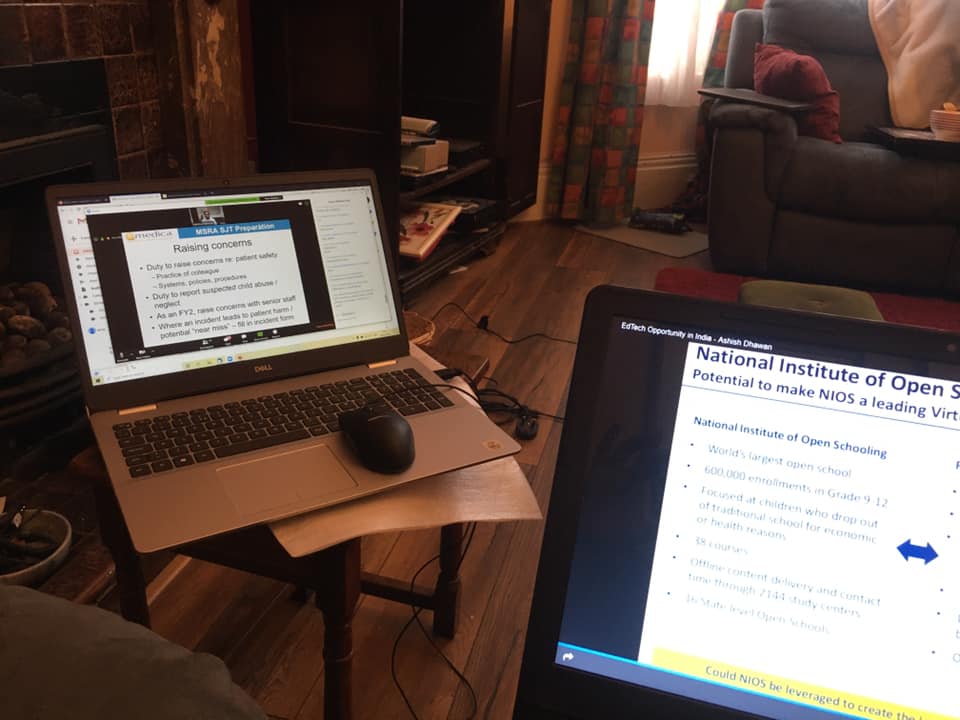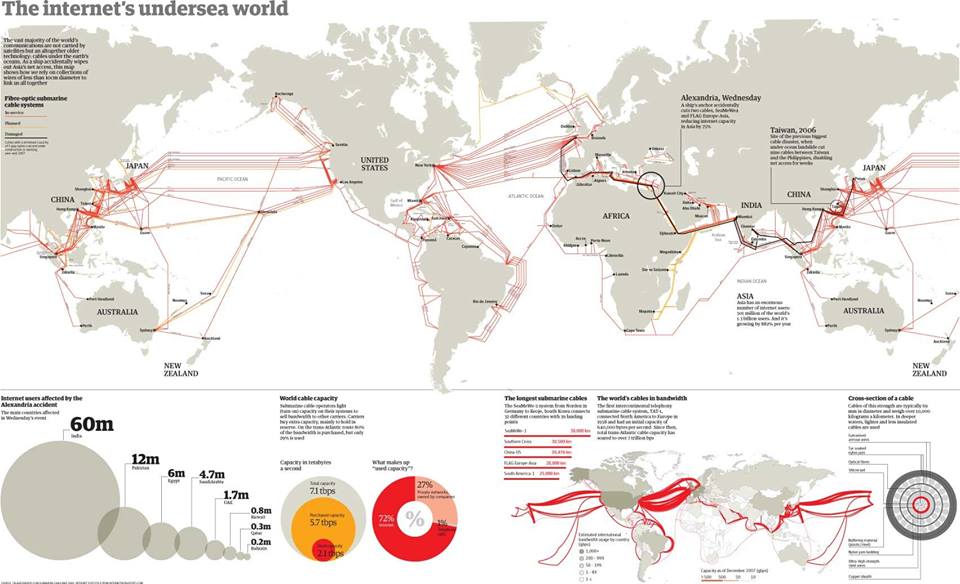We have been directed to the blog of Audrey Watters a few times in H819. This is a brave choice for the Open University as she is, it's fair to say, highly critical of EdTech.
I knew little of EdTech before I began MAODE (at least in an academic sense - I had unknowingly been using and creating EdTech for ages!) and, like many new converts, have become excited by the development of new technology-enhanced learning innovations, and the potential for EdTech to revolutionise education, learning, and the world! This makes reading Watters' blog slightly uncomfortable as a lot of what she writes is critical of EdTech and uncomfortably valid! It cannot be denied that many EdTech innovations have not lived up to the promises made in the timescale predicted.
However - I remain hopeful. Although technology has not provided the revolution in learning first predicted, and hoped for, it has made a huge difference. After all - I am on my sofa on a rainy Tuesday studying for a Masters Degree without ever having met one of my tutors, and only having met my student colleagues after making specific arrangements. My learning in MAODE has taken place in asynchronous forums, online tutorials, watching YouTube videos, searching for online journal articles, writing blog posts, utilizing Google, researching on Twitter, creating surveys on MailChimp, using my laptop, desktop, mobile phone and tablet.... All of this would have been impossible fifteen years ago. EdTech is doing something right.
One thing I read today from Watters' blog was a critique of EdTech based on the fact that the introduction of EdTech into a classroom had not resulted in higher grades. EdTech had failed in improve the outcomes for an individual cohort of students. On the one hand I can see this is disappointing - one function of EdTech is supposed to be to better engage students which should lead to better learning and better outcomes. However I reacted against this as improved outcomes for students who were already in the classroom is not the sole, or even the principle, aim of EdTech. EdTech broadens the range of people for whom education is an option. EdTech improves the efficiency and cost effectiveness of education. EdTech could (and should) allow more depth of learning based on greater opportunity to access resources about and collaborate with experts in niche areas.
I'm not sure if I want to read Watters' blog! I don't like my idealism to be challenged! But maybe that's exactly what I need if I am to become an effective practitioner.
 This is my view right now.
This is my view right now.